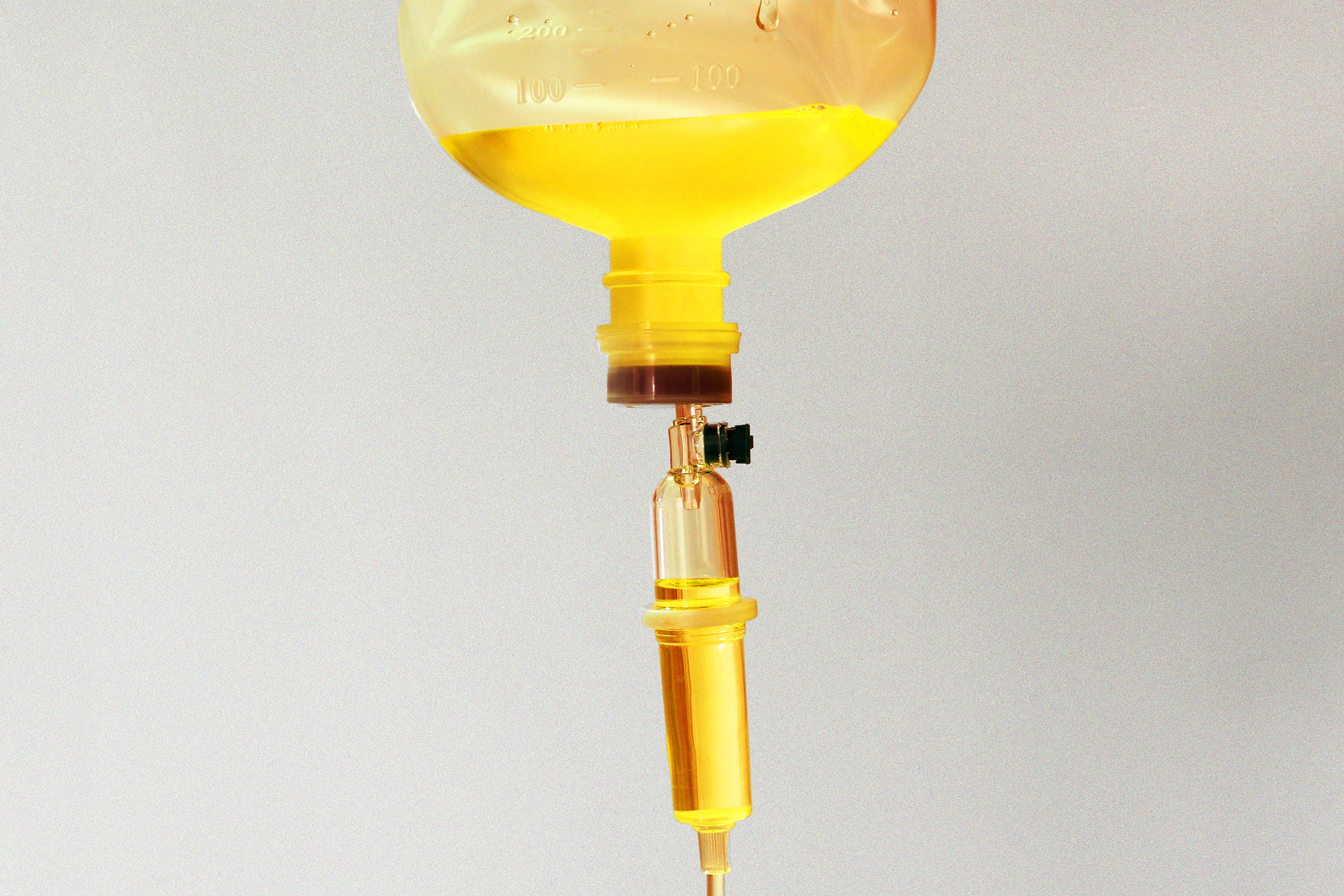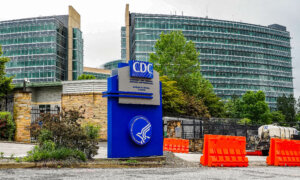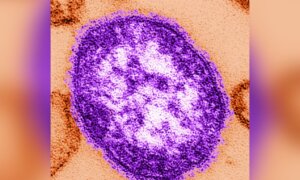Adding high-dose vitamin C to a cancer treatment regimen may double survival time, according to a clinical trial that tested this in pancreatic cancer patients.
Typically diagnosed in its advanced stages, pancreatic cancer has a poor prognosis and leaves patients with limited treatment options, with most surviving only eight months with standard chemotherapy.
“When we started the trial, we thought it would be a success if we got to 12 months survival, but we doubled overall survival to 16 months,” senior study author Dr. Joe Cullen, professor of surgery and radiation oncology at the University of Iowa, said in a press statement.
“The results were so strong ... that we were able to stop the trial early.”
Published in the November issue of Redox Biology, the study suggests that high-dose vitamin C may not only help slow or even kill cancer cells but also reduce the physical suffering of those undergoing chemotherapy.
Better Tolerance and Fewer Side Effects
The phase 2
trial showed that 34 patients with stage 4 metastatic pancreatic cancer receiving both chemotherapy and high-dose vitamin C survived an average of 16 months—double the eight months seen in those treated with chemotherapy alone. In addition to the survival benefit, patients who received vitamin C experienced fewer side effects and could complete more treatment cycles without delays or dose reductions.
“Not only does it increase overall survival, but the patients seem to feel better with the treatment,” said Cullen.
The chemotherapy regimen included two drugs: gemcitabine, which interferes with cancer cell division, and nab-paclitaxel, which prevents cancer cells from replicating. These drugs are commonly used to treat pancreatic cancer, but they can cause nausea and fatigue and result in a weakened immune system.
According to the study, vitamin C appears to help protect healthy cells from these side effects by reducing the oxidative stress and inflammation triggered by chemotherapy. As a result, patients were better able to tolerate the treatment and continue their cycles without interruption.
Researchers found that patients given high-dose vitamin C experienced fewer side effects from chemotherapy. This helped them stay on track with their treatment and reduced the risks associated with chemotherapy.
More than half of the patients in the vitamin C group had stable white blood cell levels with no fevers. In contrast, nearly two-thirds of the chemotherapy-only group developed low white blood cell counts, putting them at higher risk for infection. Additionally, more than 12 percent of the chemotherapy-only group experienced fevers due to a low white blood cell count, which can lead to hospitalization.
About 95 percent of the vitamin C group had stable platelet levels, while more than 12 percent of the chemotherapy-only group had low platelets, increasing their risk of bleeding.
In addition to fewer side effects, patients who received high-dose IV vitamin C also experienced two more months of progression-free survival, during which the cancer did not grow or spread.
IV Is the Key
One of the key factors in this success is how high-dose vitamin C, delivered explicitly via IV, works in the body.
Previous research by Cullen and the team found that vitamin C delivered through an IV achieves much higher blood levels than when delivered orally. These higher concentrations trigger chemical reactions that target cancer cells while leaving healthy cells largely unaffected.
According to the researchers, IV vitamin C generates hydrogen peroxide in the bloodstream, which is toxic to cancer cells but relatively harmless to healthy ones.
“Cancer cells are much less efficient in removing hydrogen peroxide than normal cells,” Garry Buettner, a professor of radiation oncology at the University of Iowa, said in a statement for previous research. “Thus, cancer cells are much more prone to damage and death from a high amount of hydrogen peroxide.”
Buettner said that this selective targeting is because cancer cells have lower levels of an enzyme called catalase, which normally breaks down hydrogen peroxide. “This explains how the very, very high levels of vitamin C … do not affect normal tissue, but can be damaging to tumor tissue.”
“In one of our phase 1 trials for pancreatic cancer, where we combine high-dose, IV vitamin C with radiation, we still have three long-term survivors,” Cullen said in the recent statement. “They’re out nine years at this point, which is far beyond the typical survival range.”
Vitamin C’s Role in Treatments of Other Cancers
The new study adds to the growing body of evidence supporting high-dose IV vitamin C as a valuable adjunct to cancer treatment. In January, the University of Iowa team published another phase 2
clinical trial that showed that combining IV vitamin C with chemotherapy and radiation significantly improved survival rates in glioblastoma patients.
Glioblastoma is an aggressive and fast-growing type of brain cancer known for its poor prognosis and resistance to treatments, making it one of the most challenging cancers to treat. In the study, glioblastoma patients who received high-dose vitamin C along with chemotherapy and radiation survived an average of 19.6 months—nearly five months longer than patients who received standard treatment alone.
A third phase 2 trial investigating IV vitamin C for non-small cell lung cancer is underway, with results expected in late 2024.
“Our aim is to show that adding high-dose, IV vitamin C, which is very inexpensive and very well tolerated, can improve treatment for these cancers that are among the deadliest affecting the U.S. population,” Cullen said.













